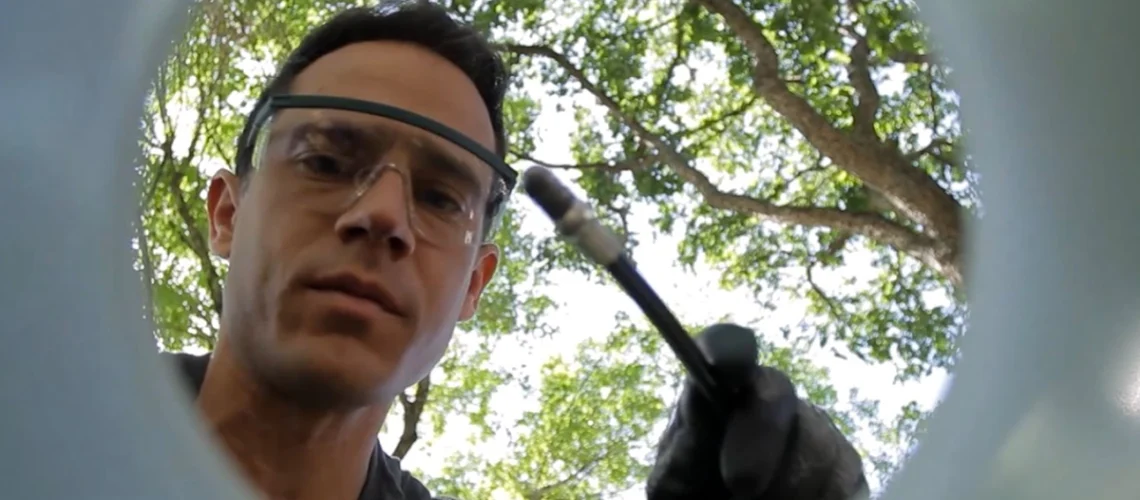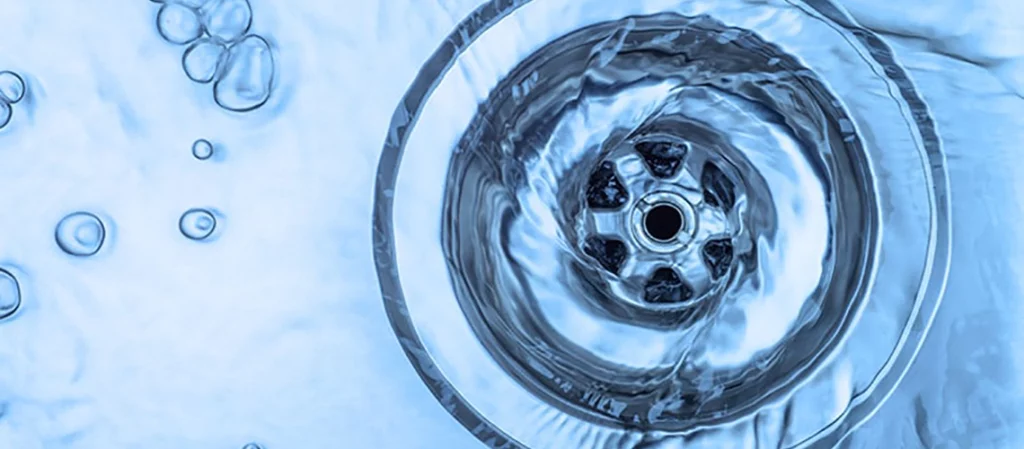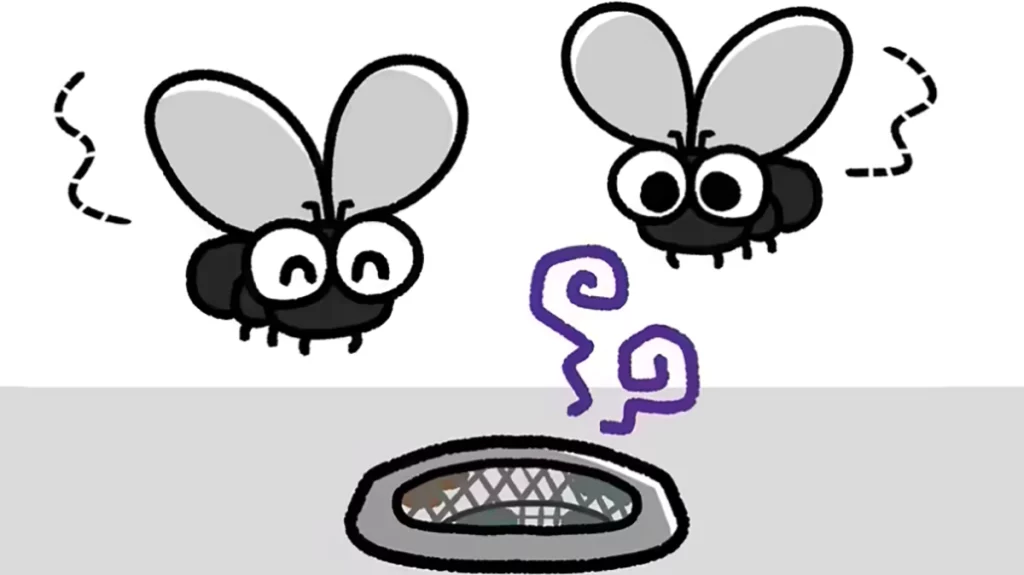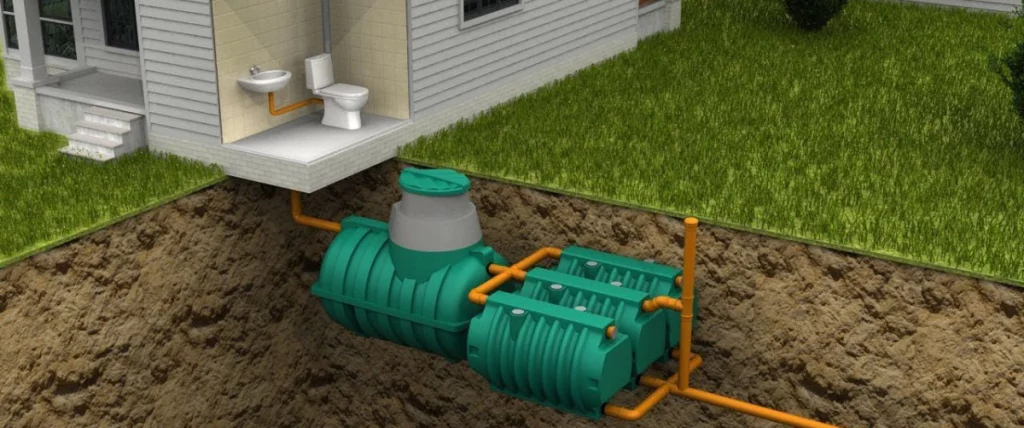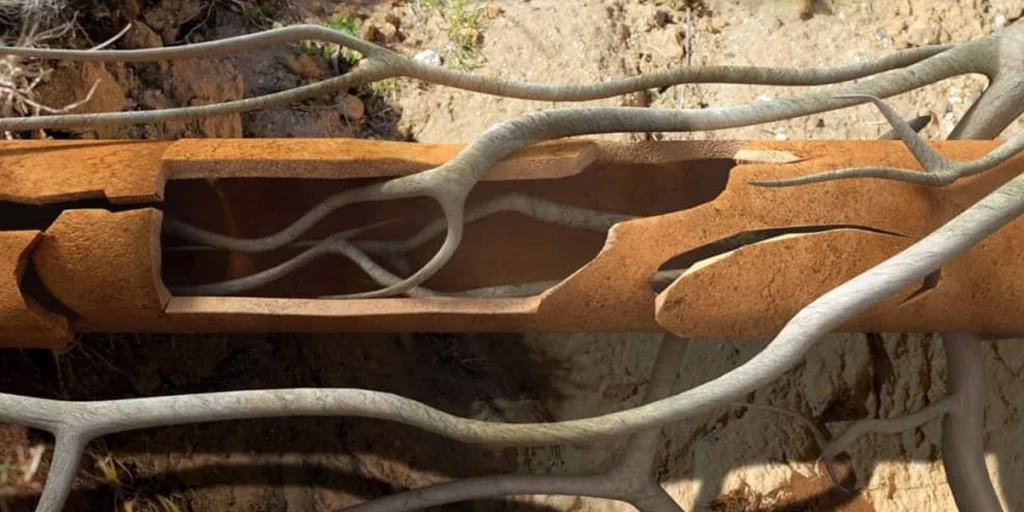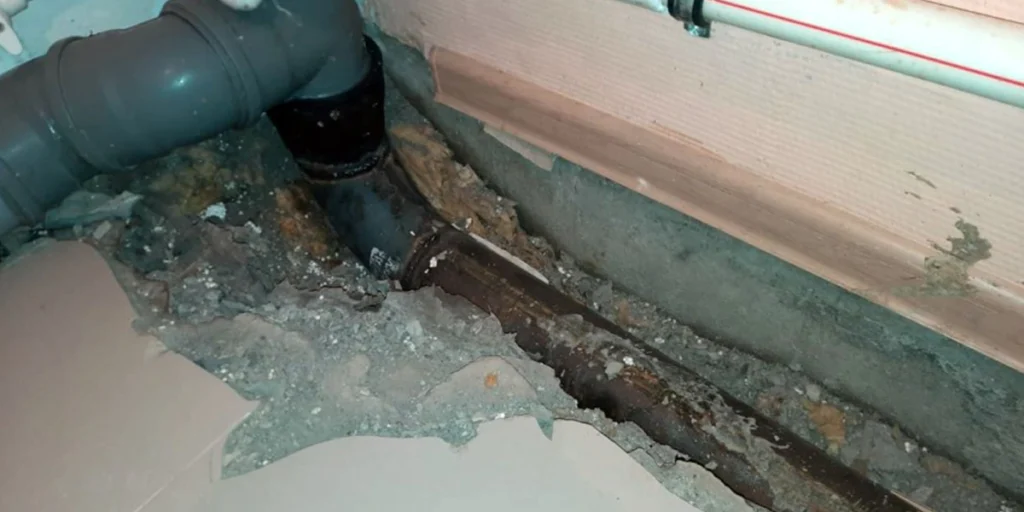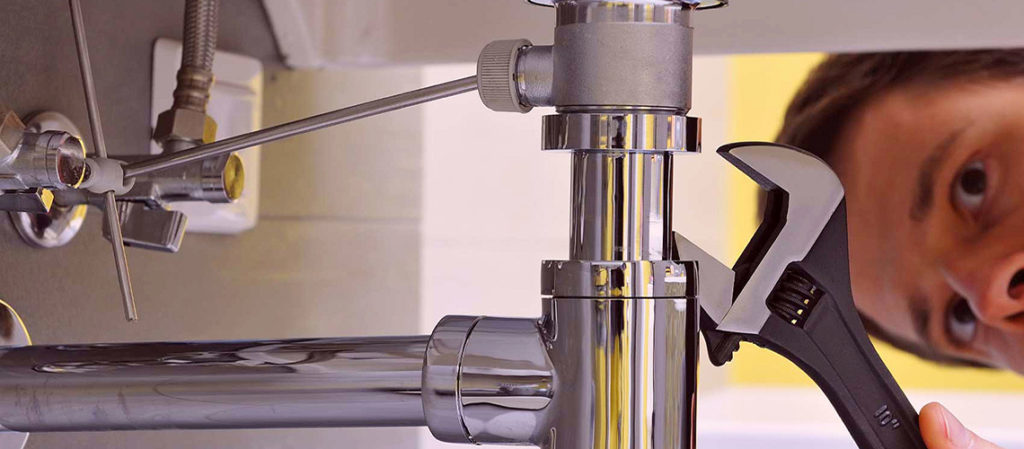Dealing with clogged drains is a common household problem that can lead to frustration and potential plumbing issues if not addressed promptly. Fortunately, there are many effective DIY drain cleaning methods that can help you tackle clogs without calling a plumber. In this article, we’ll explore how to clean drain pipes, various DIY drain cleaner techniques, and tips for preventing future clogs.
Contents
What Causes Sewer Clogs?
Before diving into how to clean a drain pipe, it’s important to understand the common causes of sewer clogs. Blockages can occur due to a variety of reasons, including:
- Grease and Oil Buildup: Grease, fats, and oils that are poured down the sink can solidify and stick to the walls of your pipes, leading to blockages over time.
- Hair and Soap Scum: In bathroom drains, hair combined with soap residue can form stubborn clogs.
- Foreign Objects: Items like food scraps, wipes, and hygiene products that don’t break down properly can cause blockages in your sewer line.
- Tree Roots: As discussed in previous articles, roots growing into sewer lines can cause serious blockages that require professional intervention.
How to Clean a Drain Pipe: DIY Methods
There are several effective methods to unclog a drain DIY. These methods range from natural solutions to tools you can use at home. Here’s how to clean drain pipes using different DIY approaches:
1. Boiling Water
One of the simplest and most cost-effective ways to unclog a drain is by using boiling water. The heat helps dissolve soap scum, grease, and other debris.
- Instructions: Bring a pot of water to a boil and slowly pour it down the drain in stages. Allow each portion of water to work for a few seconds before adding more. This method works best for minor clogs caused by grease or soap buildup.
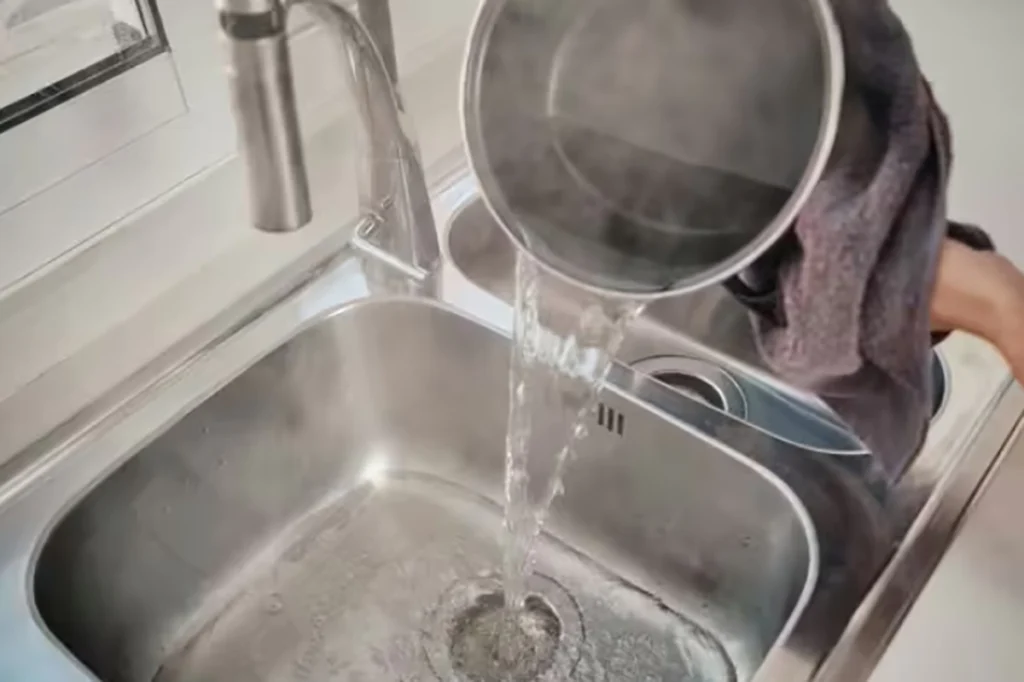
2. Baking Soda and Vinegar
A classic DIY solution for cleaning drain pipes, baking soda and vinegar work together to create a foaming reaction that can help break up clogs.
- Instructions: Pour 1/2 cup of baking soda into the drain, followed by 1/2 cup of white vinegar. Let the mixture sit for about 30 minutes, then flush the drain with boiling water. This method is effective for clearing mild to moderate clogs.
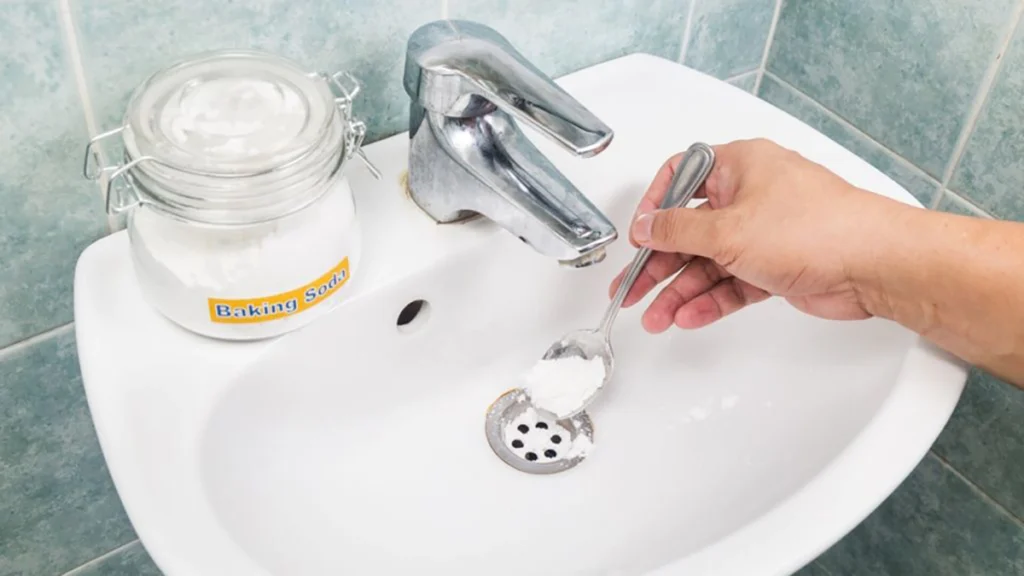
3. Plunger
A plunger isn’t just for toilets—it’s also useful for unclogging drains in sinks and bathtubs.
- Instructions: Place the plunger over the drain, ensuring there’s enough water to cover the rubber part of the plunger. Use firm, quick movements to create suction and dislodge the clog. Repeat this process until the water drains smoothly.
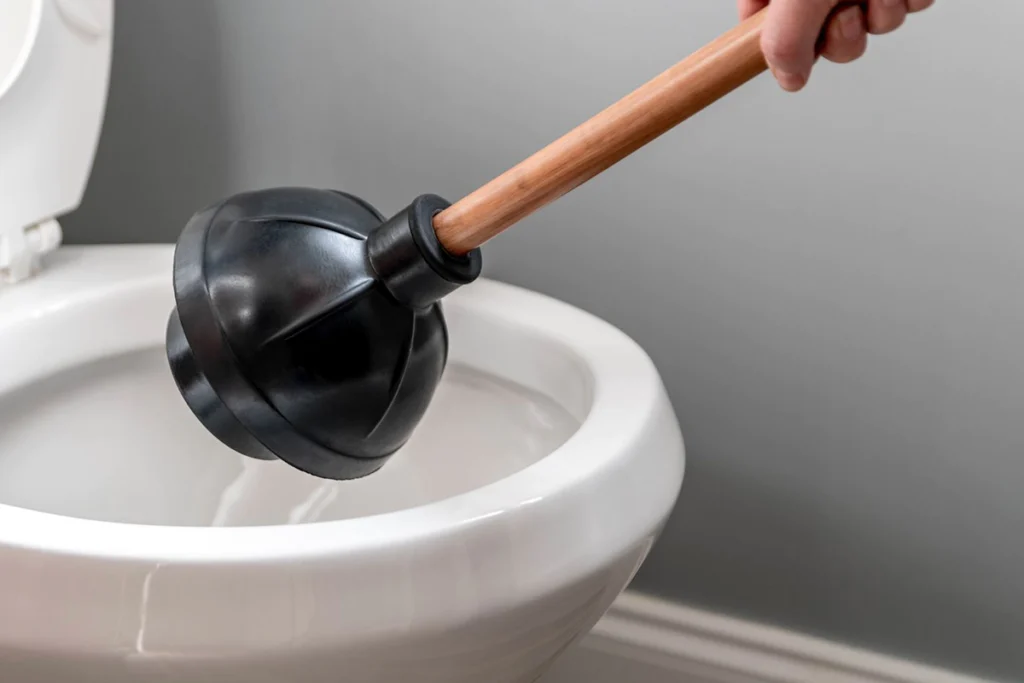
4. Wire Hanger
A wire hanger can be transformed into a handy tool for unclogging drains DIY. This method works well for hair clogs in bathroom sinks and shower drains.
- Instructions: Straighten a wire hanger and create a small hook at one end. Insert the hanger into the drain and carefully fish out any debris or hair causing the blockage. After removing as much as possible, flush the drain with hot water.
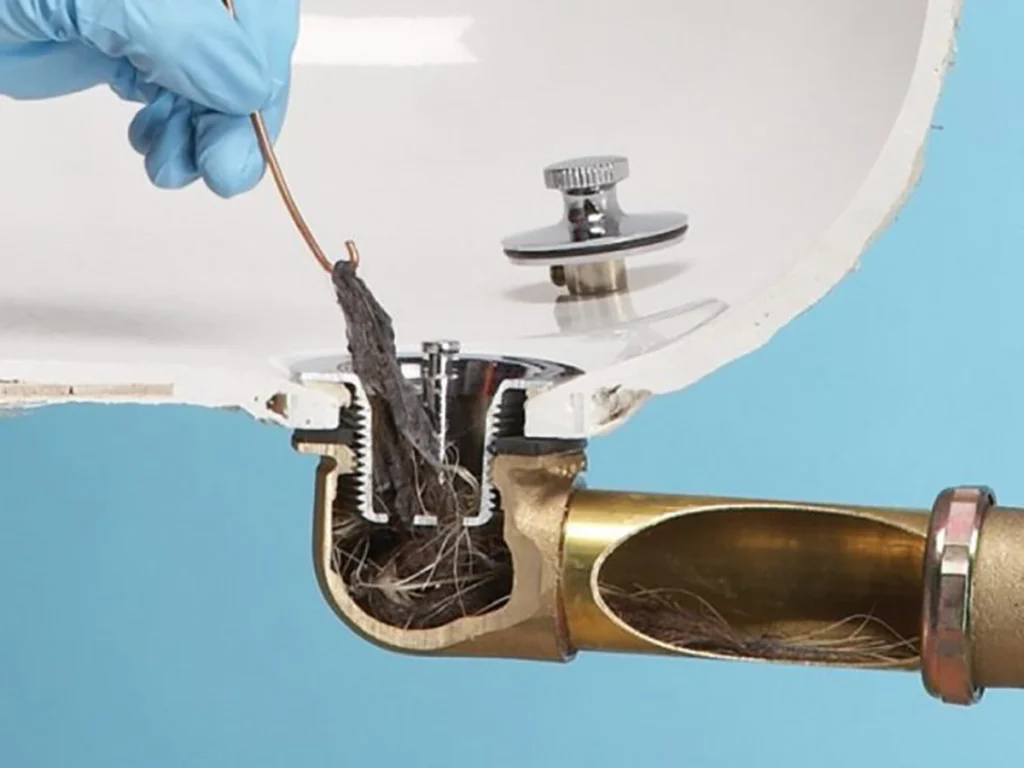
DIY Drain Cleaners: What to Avoid
While many DIY drain cleaner methods are effective, there are also some approaches that should be avoided to prevent damage to your plumbing.
1. Chemical Drain Cleaners
Store-bought chemical drain cleaners may promise quick results, but they can damage your pipes in the long run. The harsh chemicals can erode the pipe material, especially in older homes with metal pipes.
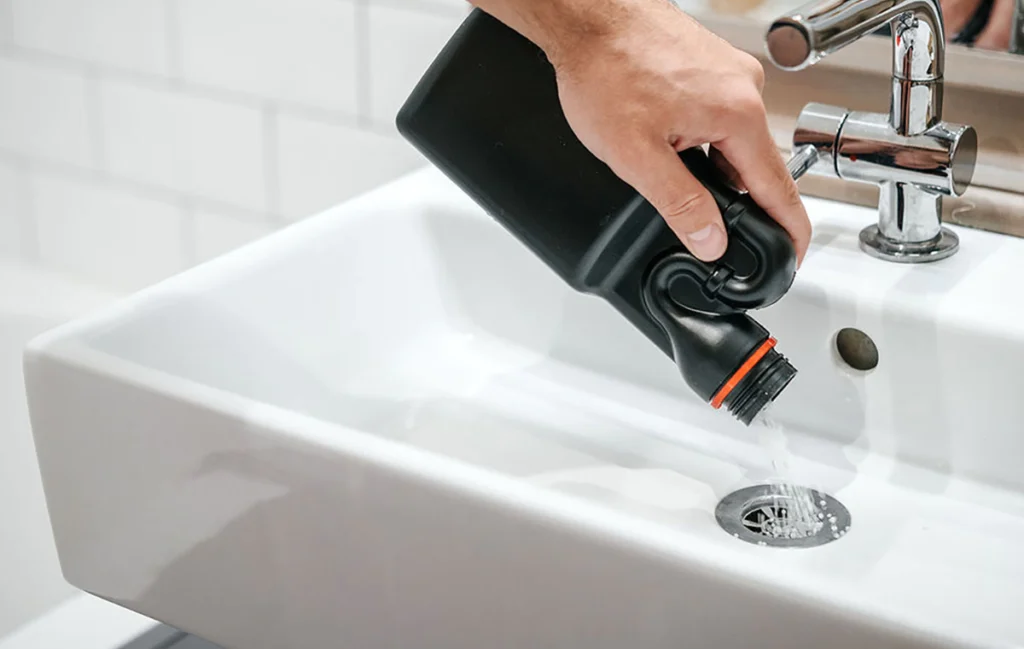
2. Too Much Force
Using excessive force with tools like plungers or augers can worsen the situation by pushing the clog further down the pipe or even damaging the pipes themselves. Be gentle and use tools with care.
How to Prevent Future Clogs
Preventing clogs is easier than dealing with them after they occur. Here are a few tips to help you keep roots out of sewer lines and avoid common household blockages:
1. Use Drain Screens
Drain screens are inexpensive and can be placed over sinks and shower drains to catch hair, food particles, and other debris before they go down the pipes.
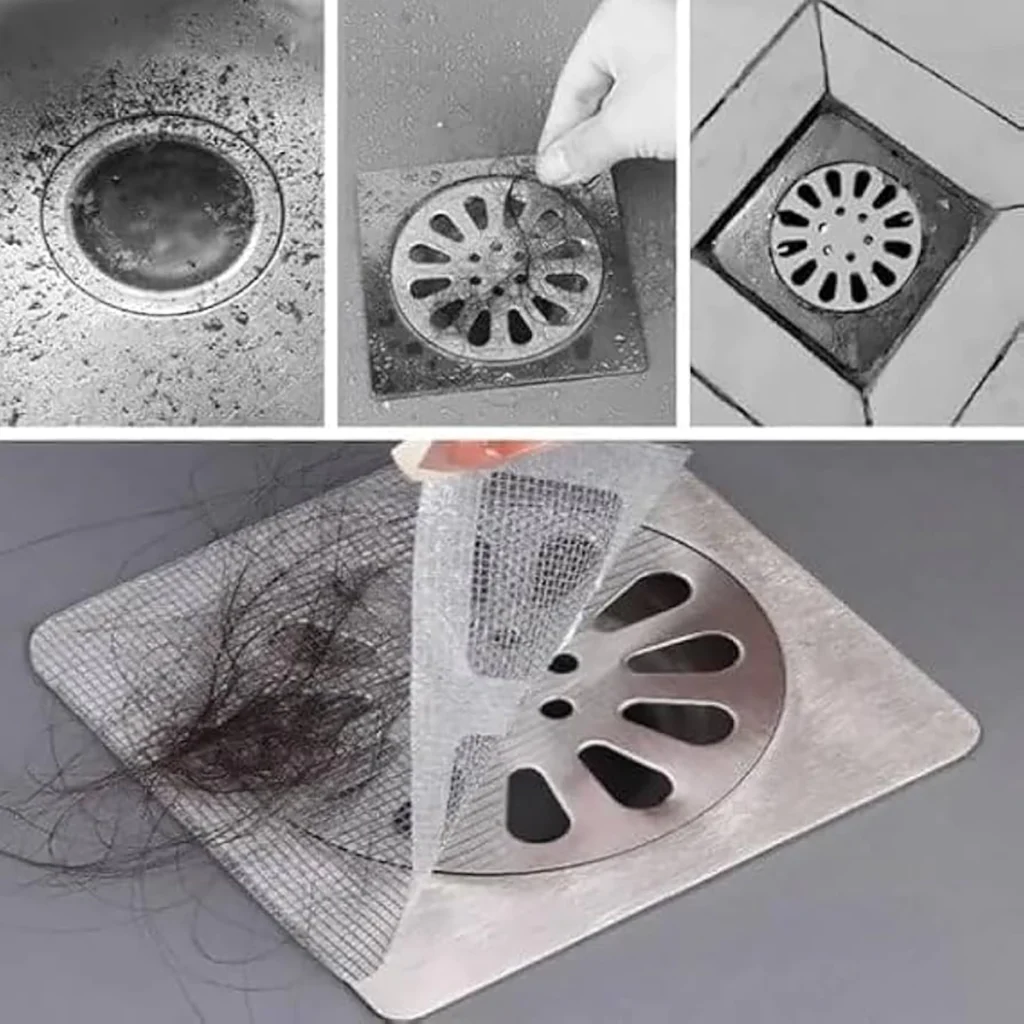
2. Dispose of Grease Properly
Never pour grease or oil down the drain. Instead, collect it in a container and dispose of it in the trash once it cools.
3. Flush with Hot Water Regularly
Pouring hot water down your drains once a week can help prevent buildup from soap, grease, and other debris, keeping your pipes clean.
4. Install a Root Barrier
If tree roots are a concern, installing a root barrier can help prevent tree roots in sewer pipes from causing major blockages.
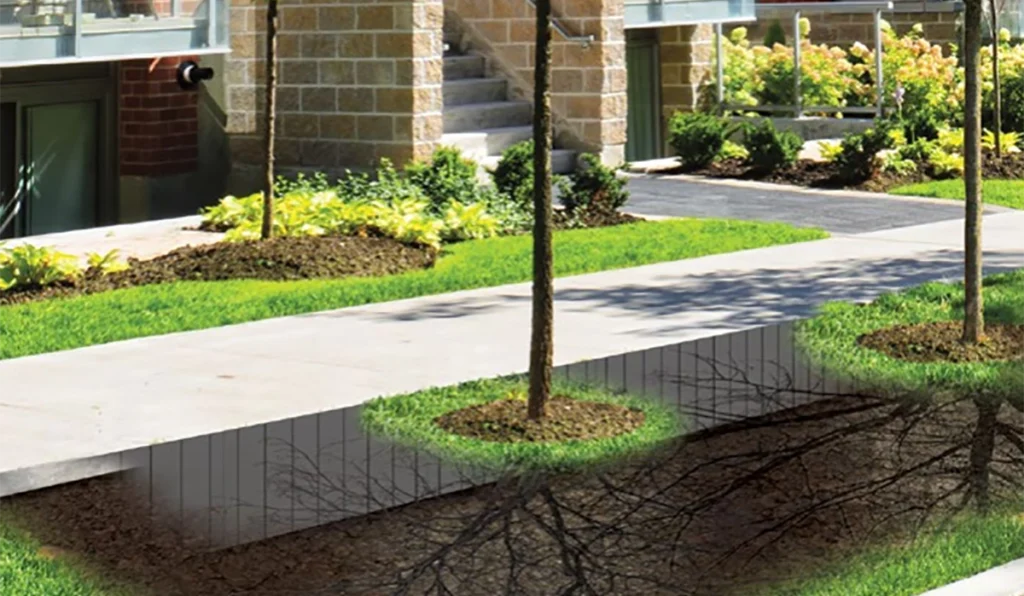
How to Tell If Your Drain Needs Professional Help
While many clogs can be resolved with DIY drain cleaning methods, there are times when professional assistance is required. If you’ve tried several methods without success, or if you notice the following signs, it’s time to call a plumber:
- Multiple Clogged Drains: If more than one drain in your home is clogged, the issue could be deeper in the sewer line, potentially caused by roots growing into sewer lines.
- Frequent Clogs: Persistent clogs, even after repeated cleaning, indicate a more serious issue, such as a damaged or collapsed pipe.
- Bad Odors: Foul odors coming from your drains may indicate a severe blockage or sewage backup, which requires immediate attention.
How to Clean Drainage Pipes with Professional Tools
If a DIY method doesn’t resolve the issue, professional plumbers have specialized tools to clean your sewer and drainage pipes more thoroughly:
1. Hydro Jetting
Hydro jetting uses high-pressure water to blast away clogs, including those caused by roots growing in sewer lines. It’s an effective way to clear stubborn debris and tree roots from pipes without causing damage.
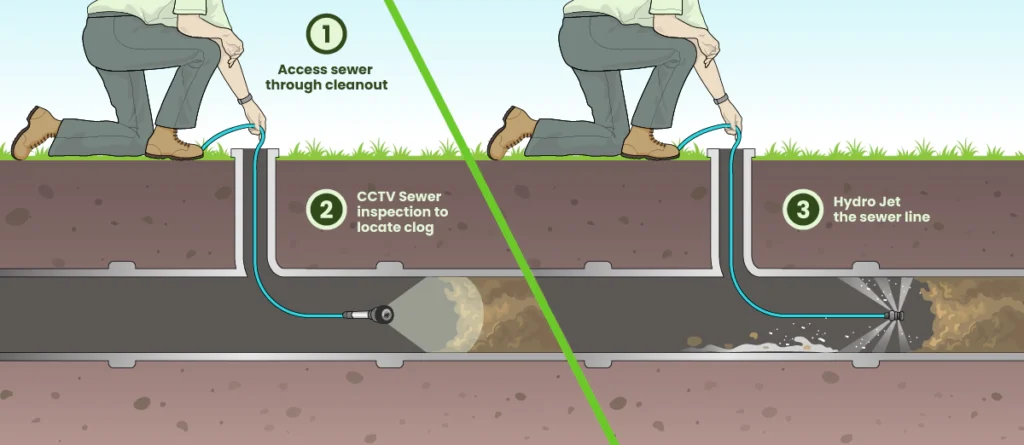
2. Drain Snakes and Augers
Plumbers can use motorized drain snakes or augers to physically break up clogs deep within your pipes. These tools are especially useful for larger or more stubborn blockages.
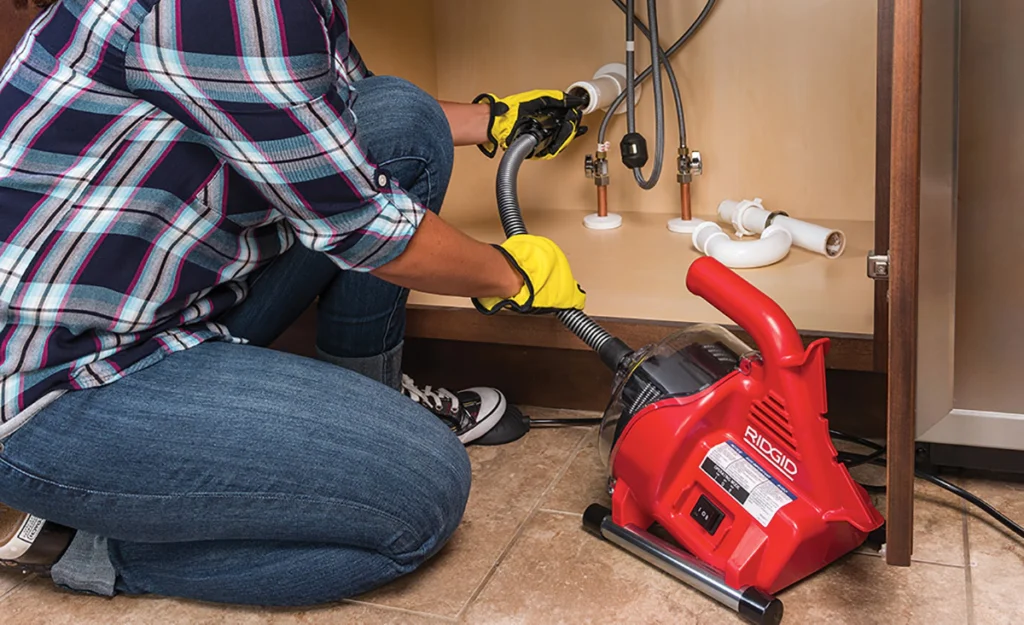
DIY Drain Cleaning Myths
There are several myths surrounding unclogging drains DIY that can lead to ineffective or even harmful results. Here are a few common misconceptions:
- Myth: Boiling water solves all clogs. While boiling water can help with grease or soap clogs, it won’t work for clogs caused by hair, solid objects, or tree roots.
- Myth: Vinegar and baking soda clear any clog. While effective for minor clogs, this mixture won’t work for major blockages or root intrusion.
- Myth: Chemical drain cleaners are safe. Chemical cleaners can cause more harm than good by corroding pipes and creating long-term damage.
Conclusion
Dealing with a clogged drain doesn’t have to be overwhelming. With the right DIY drain cleaner methods, you can often unclog a drain quickly and easily. Whether you use boiling water, baking soda and vinegar, or mechanical tools like plungers and wire hangers, there are many ways to keep your pipes flowing smoothly.
However, it’s important to know when to call in a professional. If your DIY efforts don’t work, or if you suspect more serious issues like roots in sewer pipes, seeking expert help can save you time, money, and stress in the long run.
FAQ
You can clean a drain pipe by using boiling water, a mixture of baking soda and vinegar, or a plunger. For hair clogs, a wire hanger can help remove the blockage manually.
A combination of boiling water and baking soda with vinegar is one of the most effective DIY methods for unclogging minor blockages. For tougher clogs, using a plunger or an auger may be more efficient.
Chemical drain cleaners can be harmful to your pipes, especially in older systems. It’s better to use DIY drain cleaner methods like hot water or natural solutions to avoid damaging your pipes
To prevent clogs, avoid pouring grease down the drain, use drain screens to catch debris, and regularly flush your drains with hot water to clear minor buildup
If multiple drains are clogged, you have persistent clogs, or if you notice foul odors, it may be time to call a plumber for professional help, as these could be signs of roots growing in sewer lines or deeper blockages.
Boiling water is generally safe for metal pipes but may damage plastic pipes if used excessively. Always use caution, and if unsure, opt for warm water instead of boiling to avoid pipe damage.



